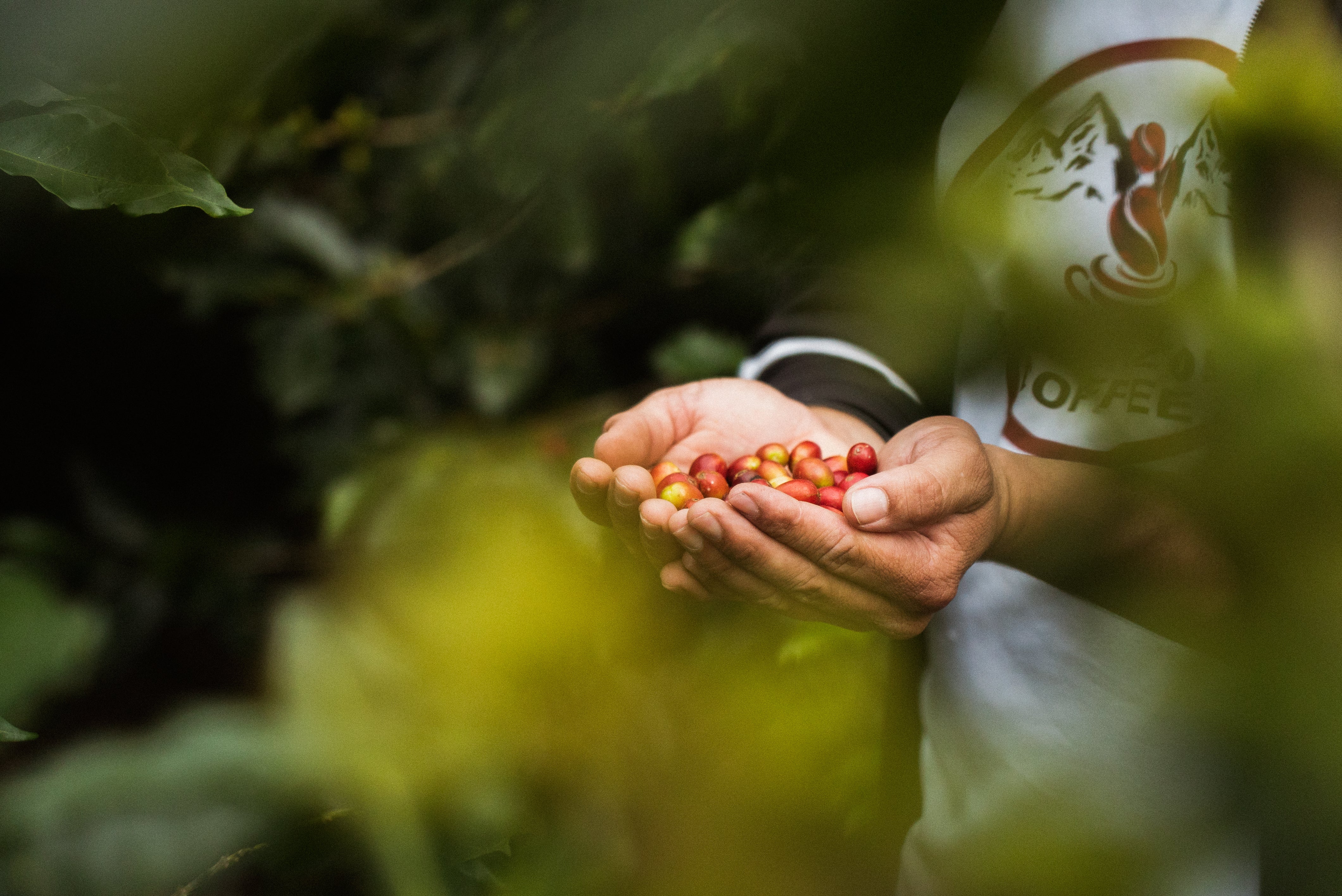Roasting coffee can help reduce the presence of certain pesticides, but it does not guarantee their complete elimination. Roasting coffee beans involves subjecting them to high temperatures, which can lead to the breakdown of some chemical compounds, including pesticides. The heat can cause chemical reactions that result in the degradation or volatilization of certain pesticide residues.
However, it's important to note that not all pesticides are easily broken down or eliminated through roasting. Some pesticides may be more heat-stable and could survive the roasting process to some extent. Additionally, the effectiveness of pesticide breakdown during roasting can vary depending on various factors, such as the specific pesticide used, the roasting temperature and duration, and the coffee bean characteristics.
Specialty green coffee buyers and roasters are investing in high-quality coffee, and whilst specialty-grade coffee is not by definition organic, Specialty coffee is all about great cup quality AND sustainable farm practices and producing clean, healthy products. Many of Caribe Coffee Company's beans are produced naturally and without chemicals but to have them certified "Organic" is a massive cost barrier for small roasters like ourselves.
It's worth noting that proper handling and storage of coffee after roasting can also play a role in minimizing pesticide residues. Storing coffee in a clean, airtight container away from potential sources of contamination can help maintain its quality.
















